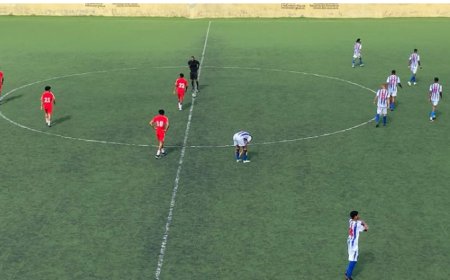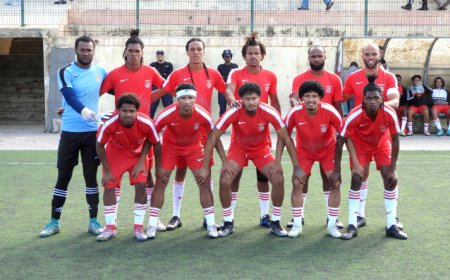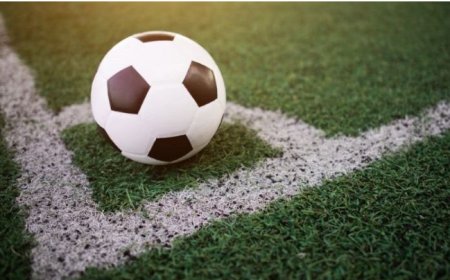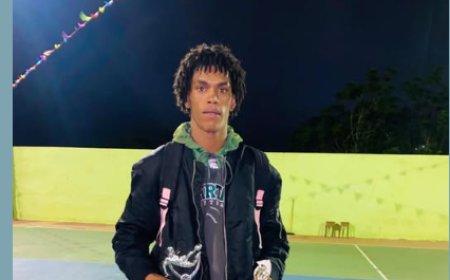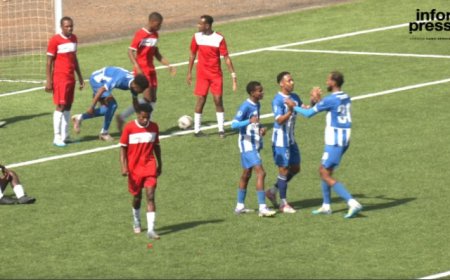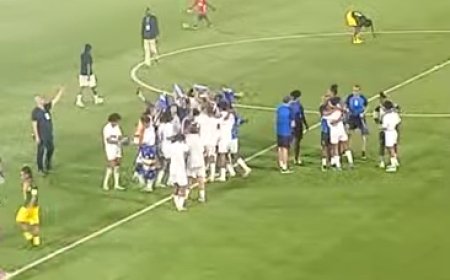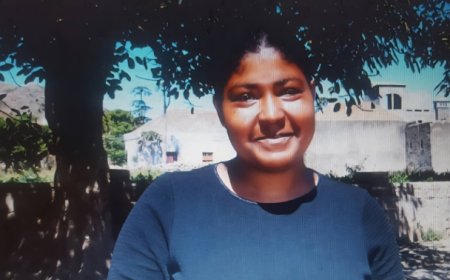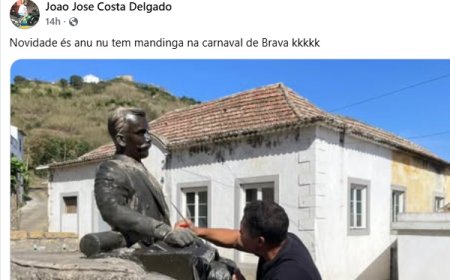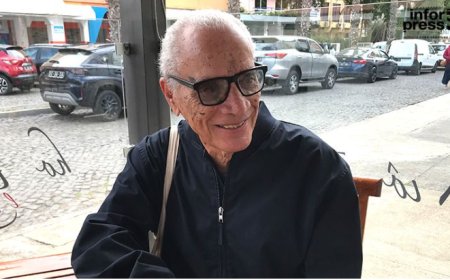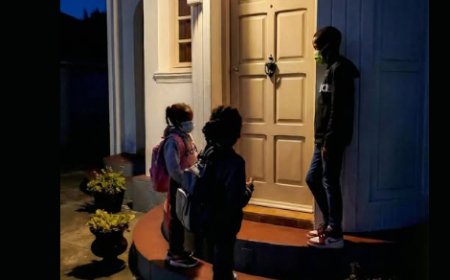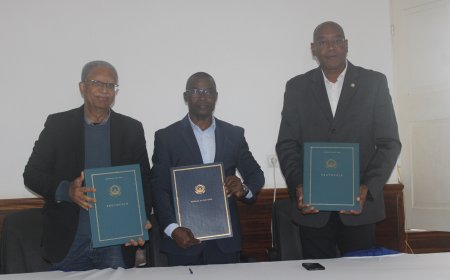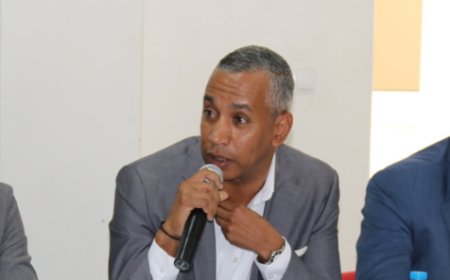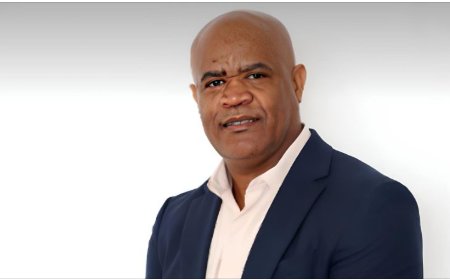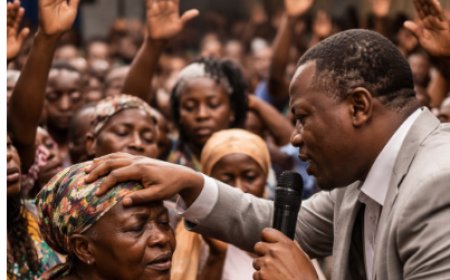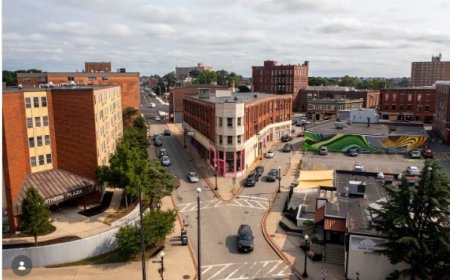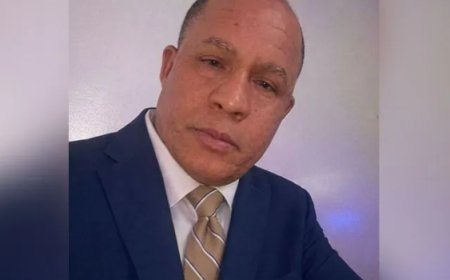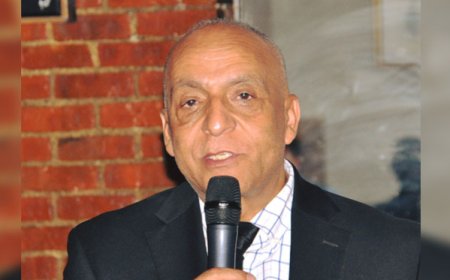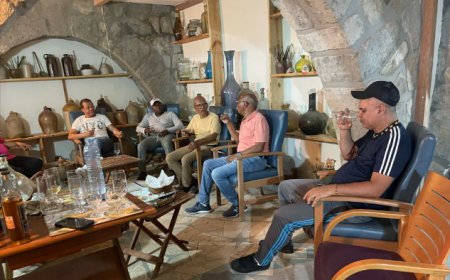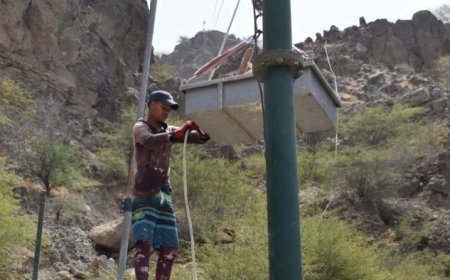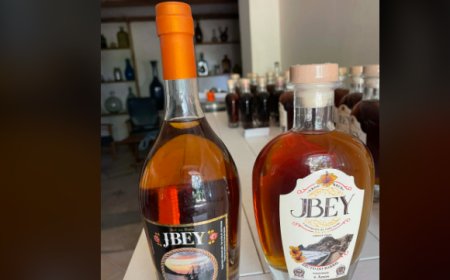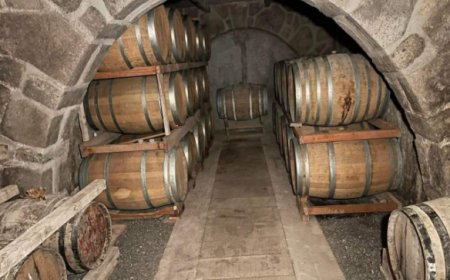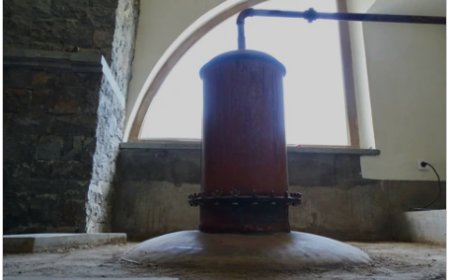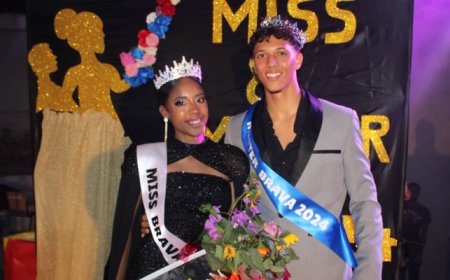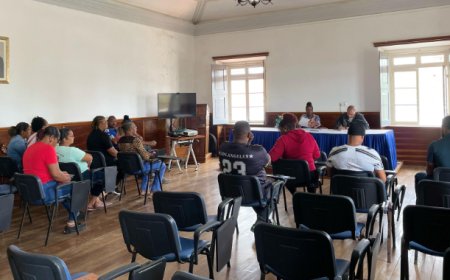Nhô Santo António/Brava: “Homem do Mastro” says he is tired and struggling to reach the top of the mast
Henrique de Pina, 79 years old, says he is tired and already having difficulties in covering the flagpole, which he has been living since he was 12 and keeping alive the tradition of the “mast”, in the three “Bandeira” parties of the island of Brava.
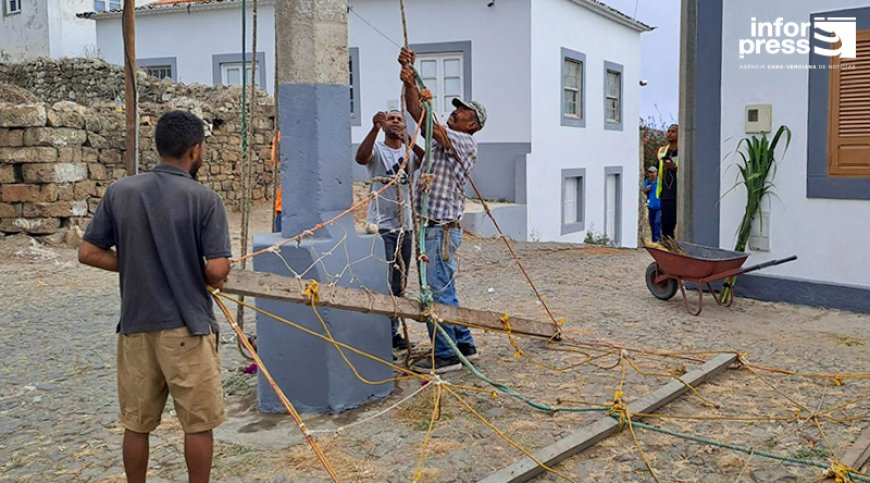
Henrique de Pina, 79 years old, says he is tired and already having difficulties in covering the flagpole, which he has been living since he was 12 and keeping alive the tradition of the “mast”, in the three “Bandeira” parties of the island of Brava.
The island has a strong tradition in terms of the Flag, but there are those, Santo António, São João and São Pedro, which, since antiquity, wear “masts”.
However, for some decades now, this man has dedicated himself and tried to keep the tradition alive, and, according to him, as long as he lives and manages to reach the pole, which is about 12 meters high, he will continue to wear it.
But Henrique de Pina, commonly known as “Djick”, fears that it will end up losing or dying, just as it has been happening with other traditions on the island, not least because the number of players and coladeiras is decreasing.
As he told Inforpress, his ambition and desire to make the mast awoke at the age of 12, in ancient times, which he recalled as being the “time of Nho Tui, Nho Totoy, Frank”, figures who dressed the “mast”, in which he, still a boy, sat on the Cleaver, and paid attention to each step they took to make and dress the pole.
Now, according to the “masteiro”, no young person shows this ambition or desire to learn and make the mast, in fact, not even his children were ever interested in learning or even accompanying him in dressing the mast and today, he complained of difficulties imposed by age in reaching the top, even climbing the stairs.
He remembered that as a child, at all the “Bandeira” parties, he would go to Cutelo, and watch people make the “lintels”, or the structure of the mast, then they would dress him, and he would climb the mast without ladder and put the “mustareu”, a stick that is hoisted to the flag at the end and, as a reward, received a canasta (bread in different formats) that he took to his parents.
“So, I came with this ambition and, with time they died, I continued and until now, with my 79 years, almost 80, I prepare the mast”, but, at this age, according to the same source, it is being a little tiring, not least because it revealed that now it no longer does it for free.
The pole, until now, is dressed at dawn, when people go to take the offerings, the revelers hand over everything they have to put on it, and around 17:00, the “boat” is given, that is, they lay down down the flagpole and people will take what they can and who wants to take the “Bandeira” to celebrate the following year.
At this time, everyone goes to Cutelo to draw lots and try to buy off some goods that are on the mast.
However, he greatly regrets the lack of encouragement on the part of young people, because, according to him, nowadays, young people go to Cutelo, where they find him, but none is able to help him. If there are drinks, they drink, but after they finish, they leave and "don't bother to learn".
On the pole, they put a little bit of everything, from bread, fruit, flowers, drinks, money, but now even that has been decreasing.
On the outskirts, some onlookers who were at the site were “lamenting” and commenting with “proud” on the size of the man on the mast, recalling that in his youth he didn’t even need stairs, but that today even climbing the stairs presents degrees of difficulty. difficulty.
Djick even suggested that the Brava City Council could open some training in order to encourage young people to follow the island's tradition, although he says he is aware that the desire to learn must be personal, but when it is something "important" and not there is voluntary good will it is necessary to find other forms of incentives.





